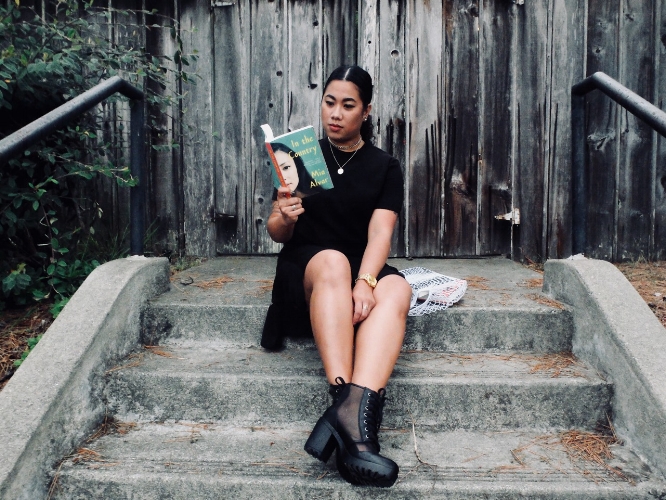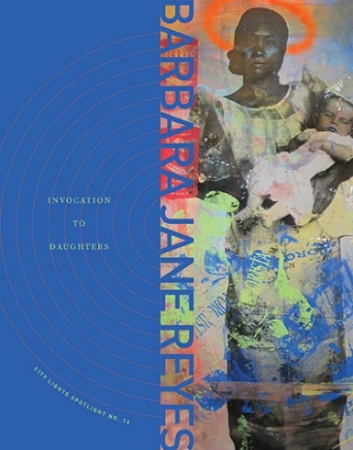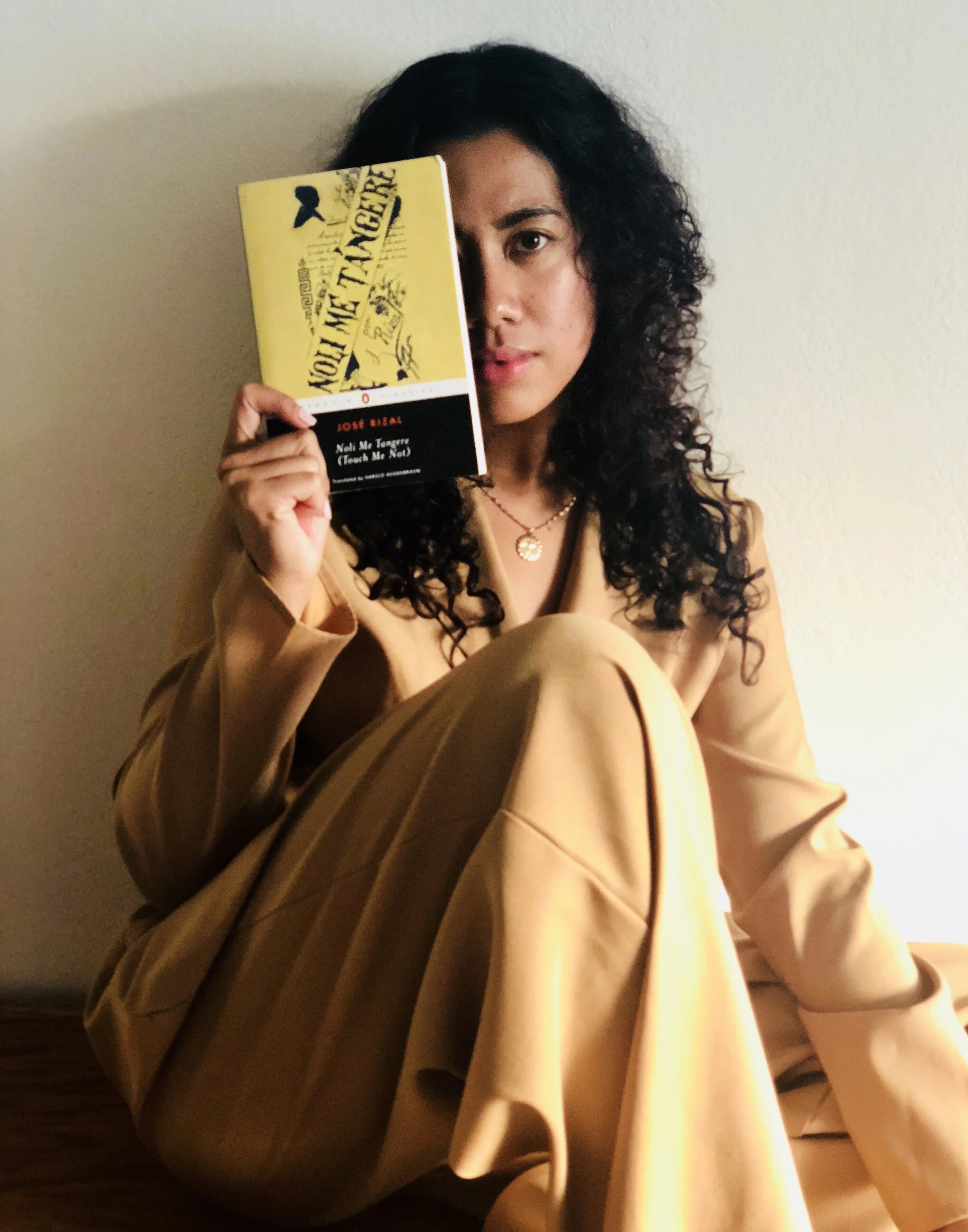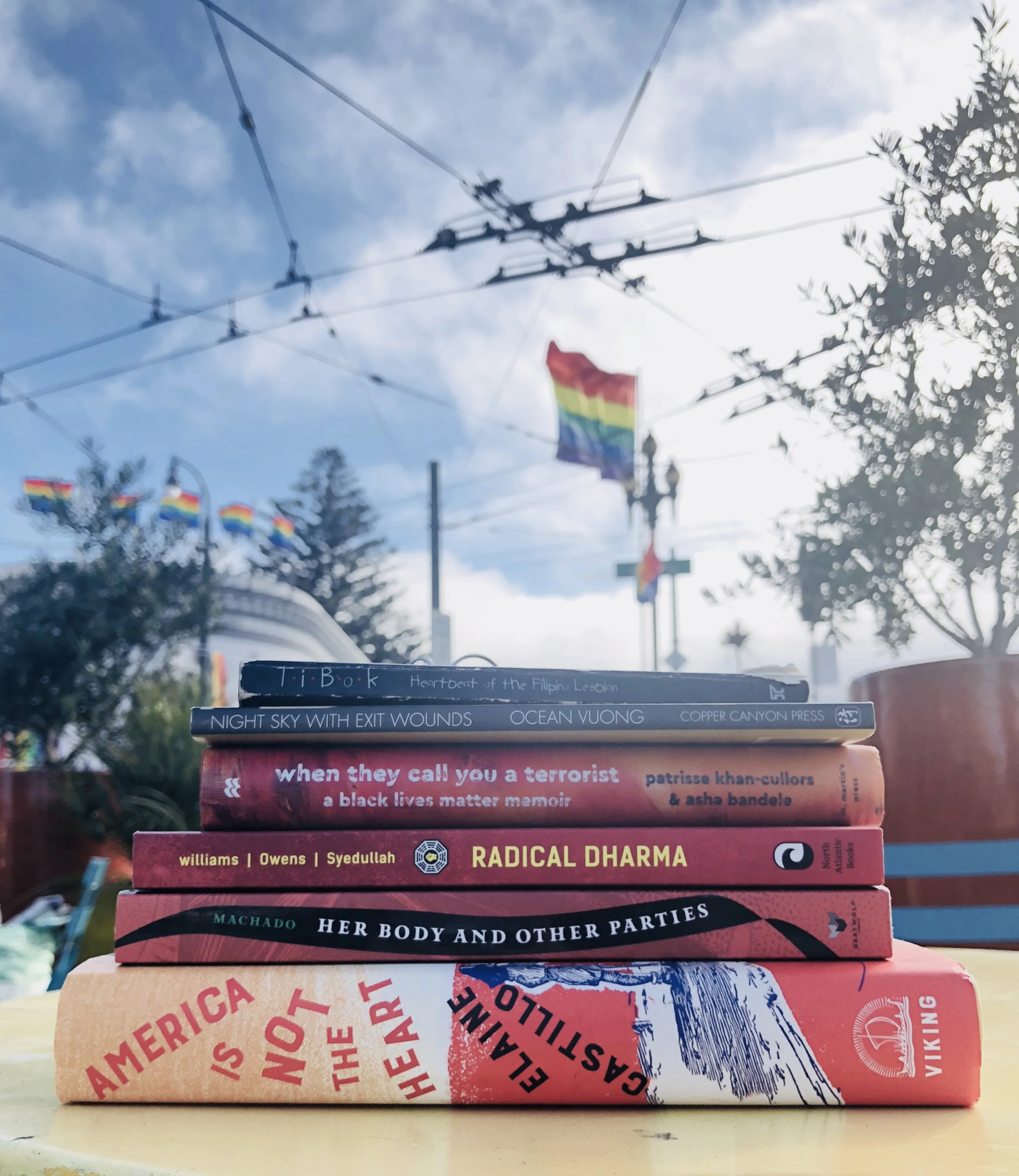#GetLit: Five Books by Pinays You Should Read RN
To be a Filipino living in the U.S. these days means enduring affronts from both the Philippine and the U.S. governments, (seemingly) forever caught in a geopolitical crossfire that requires a skillful navigation. How can we best express our wholeness and honor our ancestors while at the same time acknowledge the painful contradictions we live in in this country?
First, we read.
Just as Jose Rizal’s books Noli Me Tangere and El Filibusterismo were banned after successfully fomenting a Filipino national consciousness in the midst of Spanish colonization, we can turn to literature. We read to guide us to a deeper introspection of who we are / where we come from and to propel us to find critical connections within ourselves and our communities, all from the pages in our hands.
And what better time is it to dive into necessary lit than right now? October happens to be Filipino-American History/Heritage Month, first celebrated back in 1988. From the first Filipinos who set foot in Morro Bay, California in October 1587 to a current population of over 3 million in the country, our people are a force to be reckoned with.
It is also Indigenous Peoples Month in the Philippines, and I’m remembering the ongoing struggle and resistance of the Lumad people in the southern part of the country (Mindanao), as well as their incredible resilience in the face of displacement, violence and political repression.
Here are five essential reads that reflect our times, written by Pinays whose work encompasses many ways we’ve struggled and survived as a people, whose stories amplify our collective strength and resilience:
In the Country: Stories (2016) is a collection of nine short stories by Filipina author Mia Alvar. They are stories of family, loss, love and migration. Alvar writes of overseas Filipino workers in Bahrain, of grief-stricken separated siblings, of an estranged child witnessing his father’s death. More than the characters and the stories themselves, Alvar writes about political and economic shifts in the country.
BAYI: Stories of Lumad Women (2016) tells the stories of ten fierce Lumad women in Mindanao and their struggle to fight for their lives, land and liberation. Meet 92-year old Bai Bibiyaon Likayan Bigkay, a female Lumad tribal chieftain in a culture that has been traditionally patriarchal. Bai has been leading the fight against mining mega-corporations and their paramilitary counterparts.
Marcos Martial Law: Never Again (2017) is the work of journalist Raissa Robles, who has been covering the Marcoses for decades. Borne out of the need to retell the story of martial law largely in part because of martial law’s omission in Filipino textbooks, Robles’s tome is a testament to the atrocities of a regime ruled by repression, disappearances and intense violence. With a a generation growing up oblivious to the terrors of ML, this is an essential book.
Invocation to Daughters (2017) is due to be out in November this year, and already it’s been getting a lot of buzz. This is the fifth collection of poetry by Filipina poet Barbara Jane Reyes, written “in the tradition of Audre Lorde and Theresa Hak Kyung Cha, Invocation to Daughters is a book of prayers, psalms, and odes for Filipina girls and women trying to survive and make sense of their own situations.”
Lola’s House: Filipino Women Living with War (2017) took 17 years to make, as M. Evelina Galang interviewed sixteen Filipino “comfort women” who were abducted, raped and tortured by the Imperial Japanese Army. Galang spent a lot of time with the Lila Pilipina women, an organization of surviving comfort women as they protested, recounted their stories and lived as survivors.
I also couldn’t compile a list without mentioning Arkipelago Books in San Francisco, which has always been Pinay-owned from the first time it opened its doors. First operated and managed by a Pinay single mom, Arkipelago is now run by a team of Pinay book lovers who want to continue the legacy of distributing and supporting Filipino literature. You can show some love to our sisters and hit them up for copies of these books (although BAYI is only available through salupongan.org).
This is by no means an exhaustive list but think of it as a starting point. I am deeply grateful for the work of these women who have continued to tell many stories of our people, no matter how hard or painful. We’ve always turned to our communities in times of crisis, just as our ancestors drew strength from each other. We are a resilient people; we come from a long lineage of freedom-fighters.
Our literature have always shown us that, and it is my hope that we carry these stories as we go about our days in whatever ways we choose to.
First, we read. And then, we act.
Pia Cortez
INSTAGRAM - WEBSITE
PRONOUNS: SHE/HER
Pia Cortez is a Bay Area-based community organizer and the creator of Libromance, a blog dedicated to book reviews and literary features with a queer Pinay immigrant perspective. She believes in the power and beauty of the written word: how stories stretch time and transcend boundaries, how books simultaneously challenge and console, how reading becomes an act of resistance. Pia hopes to transform reading from a solitary pursuit and turn it into a tool for community-building, a catalyst for ruckus-raising. When she’s not currently reading the world, she’s experimenting with #booklooks, a play on books and fashion.




















